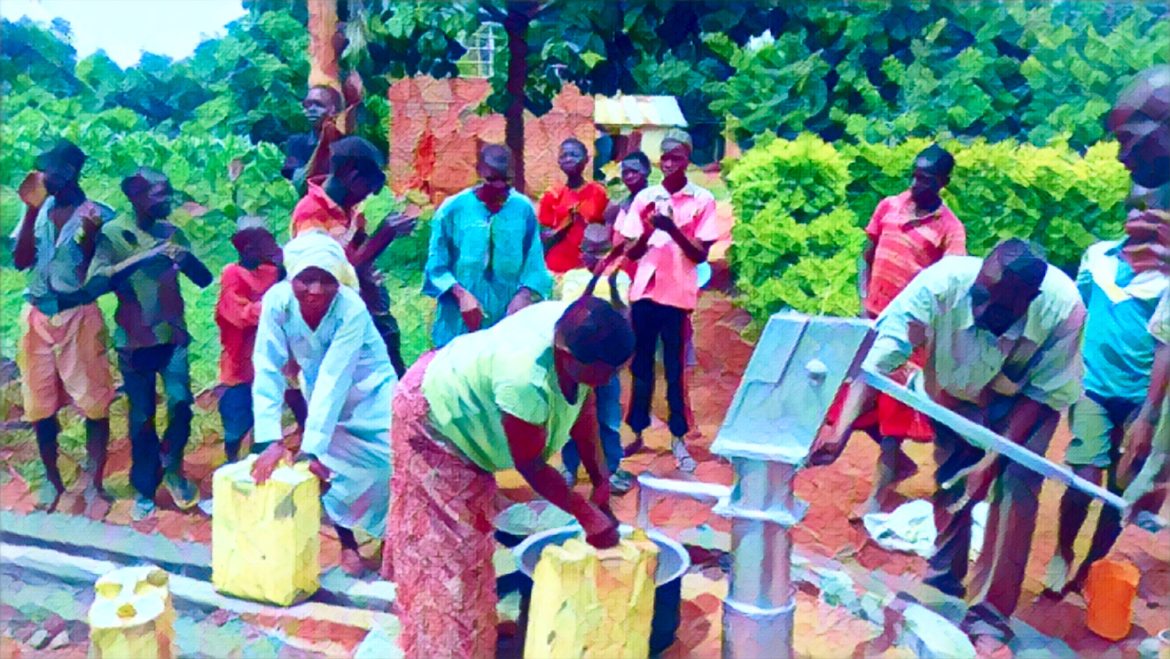KEY POINTS
- Clean water access in rural Zimbabwe improves health and reduces diseases.
- Contaminated water increases the risk of cholera, typhoid, and diarrhea.
- Boreholes, water purification, and rainwater harvesting are key solutions.
Access to clean water is one of the most important factors in promoting better health and well-being in rural Zimbabwe. For many communities, water is not just a necessity for survival, it directly affects their health, livelihoods, and quality of life.
In rural Zimbabwe, people rely on wells, rivers, and boreholes for their daily water needs. Unfortunately, these sources are not always safe.
Contaminated water can carry harmful pathogens, including bacteria, viruses, and parasites that cause diseases like cholera, typhoid, and diarrhea. Children are especially vulnerable to these illnesses, which can be fatal if not treated.
According to health experts, clean water is essential for disease prevention. Access to safe drinking water helps reduce cases of waterborne illnesses, which are among the leading causes of death in rural areas. It also improves sanitation, as clean water supports better hygiene practices like handwashing and cleaning.
The Zimbabwean government, in collaboration with non-governmental organizations (NGOs) like World Vision and UNICEF, has been working to increase access to clean water in rural areas.
Initiatives like borehole drilling, water purification projects, and the installation of community water points have improved water availability in many communities. However, there is still a long way to go to ensure that every household has access to clean, safe water.
The health impact of contaminated water in Zimbabwean communities
Contaminated water poses a serious health threat to rural communities in Zimbabwe. Diseases like cholera, typhoid, and diarrhea are rampant in areas where clean water is scarce. These waterborne diseases thrive in environments where people rely on unsafe water sources for drinking, cooking, and cleaning.
Diarrheal diseases are particularly dangerous for children under five, as they can lead to severe dehydration and malnutrition. In many cases, these diseases can be fatal if treatment is delayed or unavailable. Children who survive these illnesses may suffer from long-term health complications, including stunted growth.
Pregnant women are another vulnerable group. Exposure to contaminated water increases the risk of infections during pregnancy, which can affect both the mother and unborn child. Access to clean water can significantly reduce the risk of such infections, supporting maternal and child health.
Aside from health issues, contaminated water also affects people’s ability to work and attend school. Children who fall ill are often forced to miss school, affecting their education. Adults who contract waterborne diseases may be unable to work, which impacts household income and economic stability.
Efforts to combat waterborne diseases in Zimbabwe have focused on improving water treatment and hygiene education. Health authorities emphasize the importance of boiling water before drinking, using water purification tablets, and washing hands with soap to prevent disease transmission.
Community health programs also promote the construction of pit latrines to prevent open defecation, which is a major source of water contamination.
Community initiatives to ensure clean water access in rural Zimbabwe
Improving access to clean water in rural Zimbabwe requires a collective effort. The government, NGOs, and community members are working together to address water scarcity and improve public health. Several initiatives have been introduced to ensure that clean water is accessible to all.
One of the most impactful projects has been the installation of boreholes. Boreholes provide a reliable source of underground water that is safe for drinking and cooking. Unlike rivers and streams, borehole water is less likely to be contaminated, reducing the risk of waterborne diseases.
NGOs like World Vision and CARE International have partnered with local communities to drill boreholes and train communities on how to maintain them. This approach ensures that water supply systems remain operational, even after the NGOs have left the area.
In addition to borehole projects, some rural communities have been introduced to water purification methods, such as the use of chlorine tablets and simple filtration systems. These solutions allow residents to treat their water at home, ensuring it is safe to drink.
Community participation is key to the success of these projects. Local residents are often trained to manage boreholes, conduct water quality checks, and repair broken systems. This ensures that communities have the skills and knowledge to maintain access to clean water even after external support is withdrawn.


